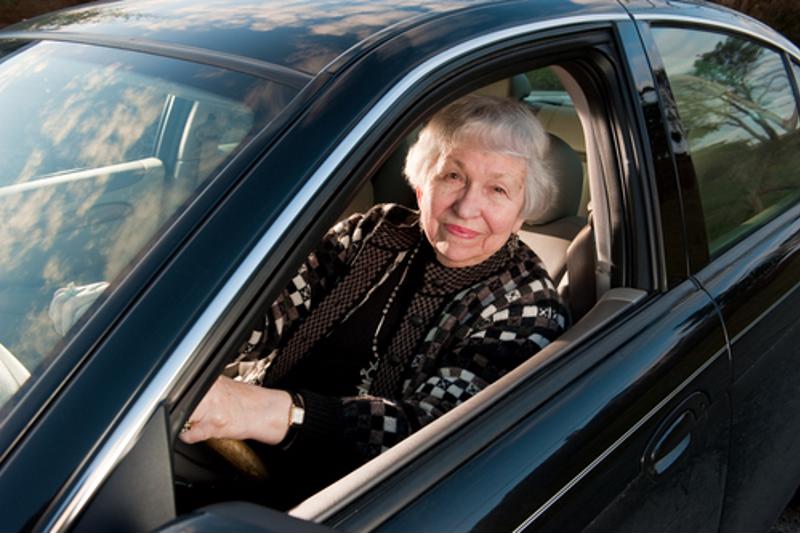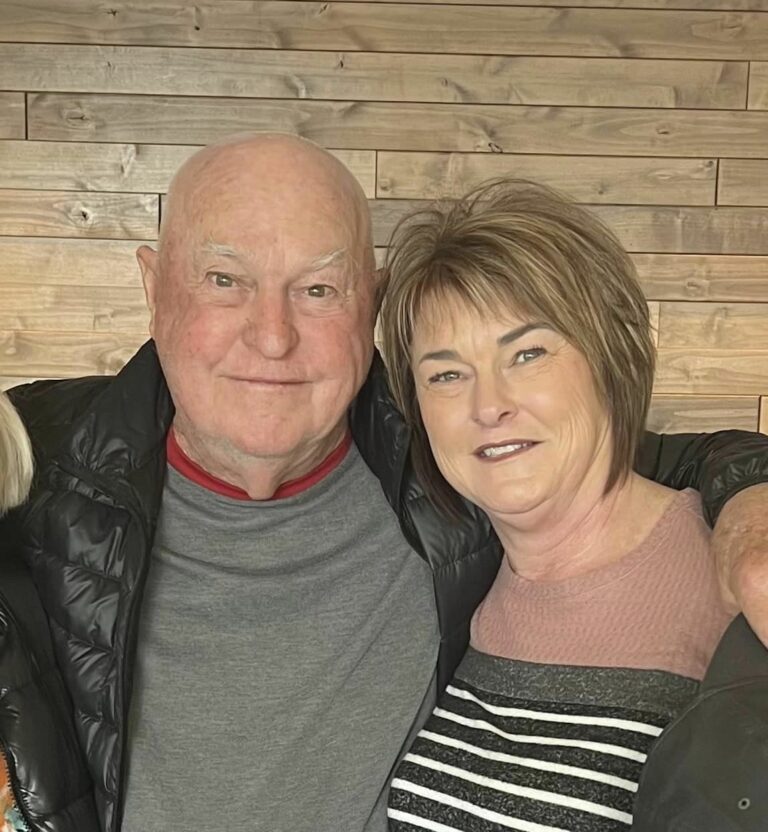
One of the most challenging parts of growing older is eventually experiencing limited mobility. Many senior citizens find they are no longer agile and active like they once were.
Some have arthritis, osteoporosis, or other medical conditions that make running and walking difficult. Mobility is also a significant factor in the loss of independence, leading some older loved ones to move into assisted living communities where they can get the assistance they need.
Find Senior Living Near Me
Here are some ways to provide your older loved one with mobility help:
Walking Aids
Many senior citizens are on multiple medications. All of these prescriptions can cause balance issues, making walking dangerous. Monitor your loved one to see if they need assistance walking. If so, consider having them try using a cane or a walker. Some seniors prefer canes or walking sticks because they don’t need much help but can still have the device there when needed. Others with more severe balance troubles do well with walkers as they offer more stability. Plus, some walkers offer a seat where your loved one can rest if they become winded while walking around. Walkers with wheels and seats may also push the individual where they are going if necessary.
Encourage Them to Exercise
According to Harvard University, exercise is a significant way for seniors to stay mobile. Your older family member or friend may be afraid to exercise because they don’t want to injure him or herself. Consider seeing if there are exercise classes for older people near you. Many senior living communities, gyms, and community centers offer water-based classes that allow older people to get moving and lubricate their joints without the pull of gravity. Everything from swimming to slow stretches can improve an older person’s mobility and make them safer overall.

Opt for Transportation Assistance
Many Edgewood Communities, from independent living to memory care, have the added benefit of transportation. We can provide safe and timely transit from our communities to doctors, stores, and churches. Our residents appreciate this option so they can still get to where they need to go once they decide to no longer drive.
Be Their Driver
Older people don’t just lose their mobility in a bodily way – they often can no longer drive. As many individuals age, their eyesight becomes impaired, which may eventually hinder them from operating a vehicle. Other conditions like dizziness or vertigo can also interfere with a person’s ability to be a safe driver. If your loved one no longer drives, they will need assistance getting to and from the grocery store, church and doctor’s appointments, and other gatherings. Suppose you can drive the senior to these necessary appointments and events. You’ll have peace of mind knowing your family member or friend isn’t endangering themselves and others while driving, and your loved one will appreciate your help.




